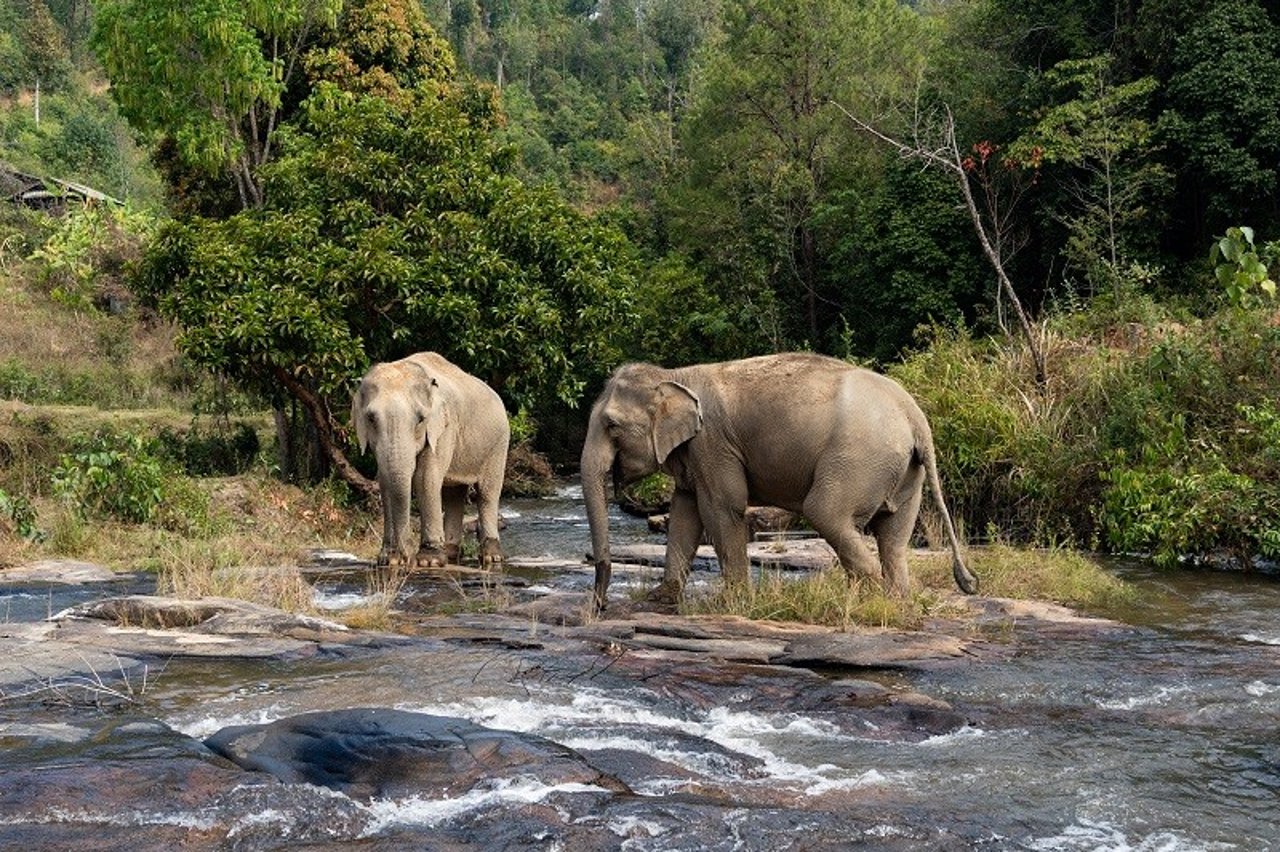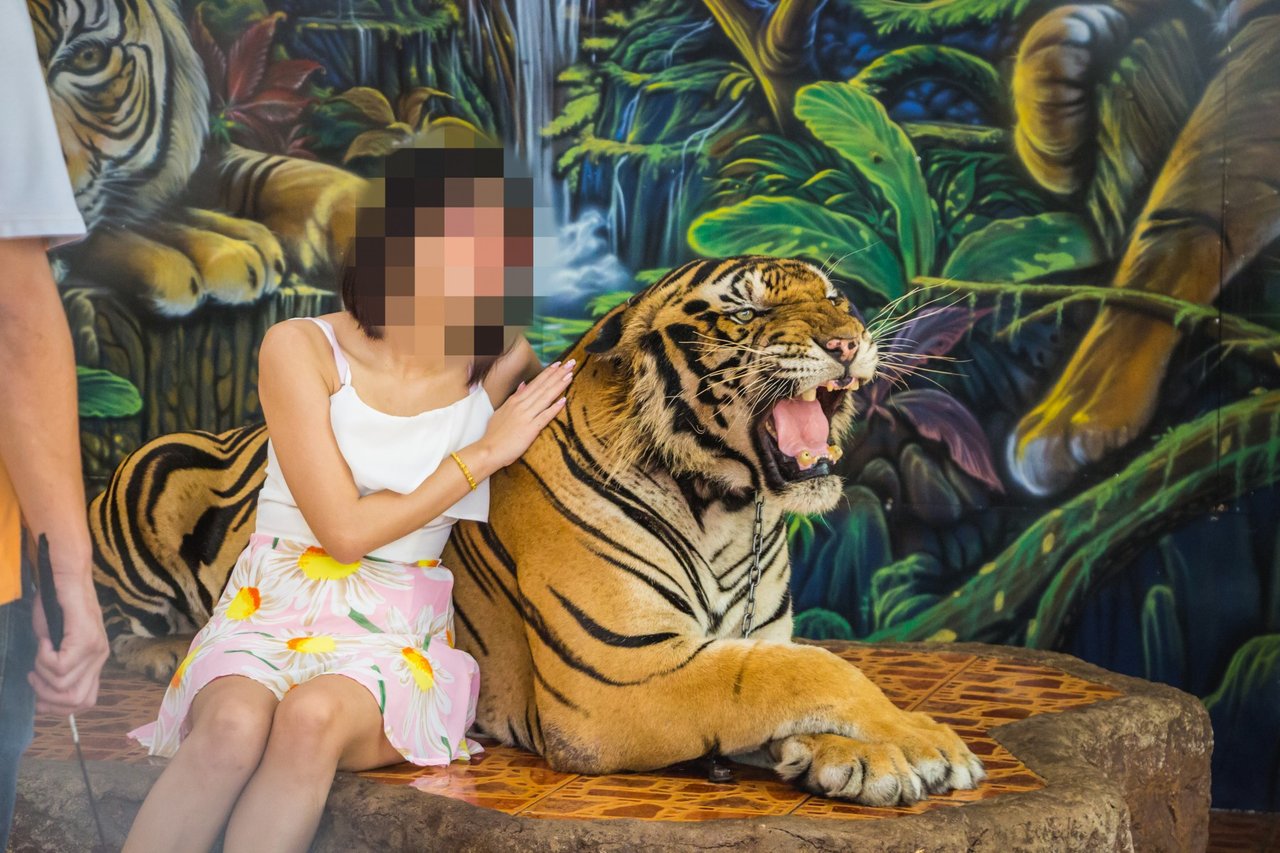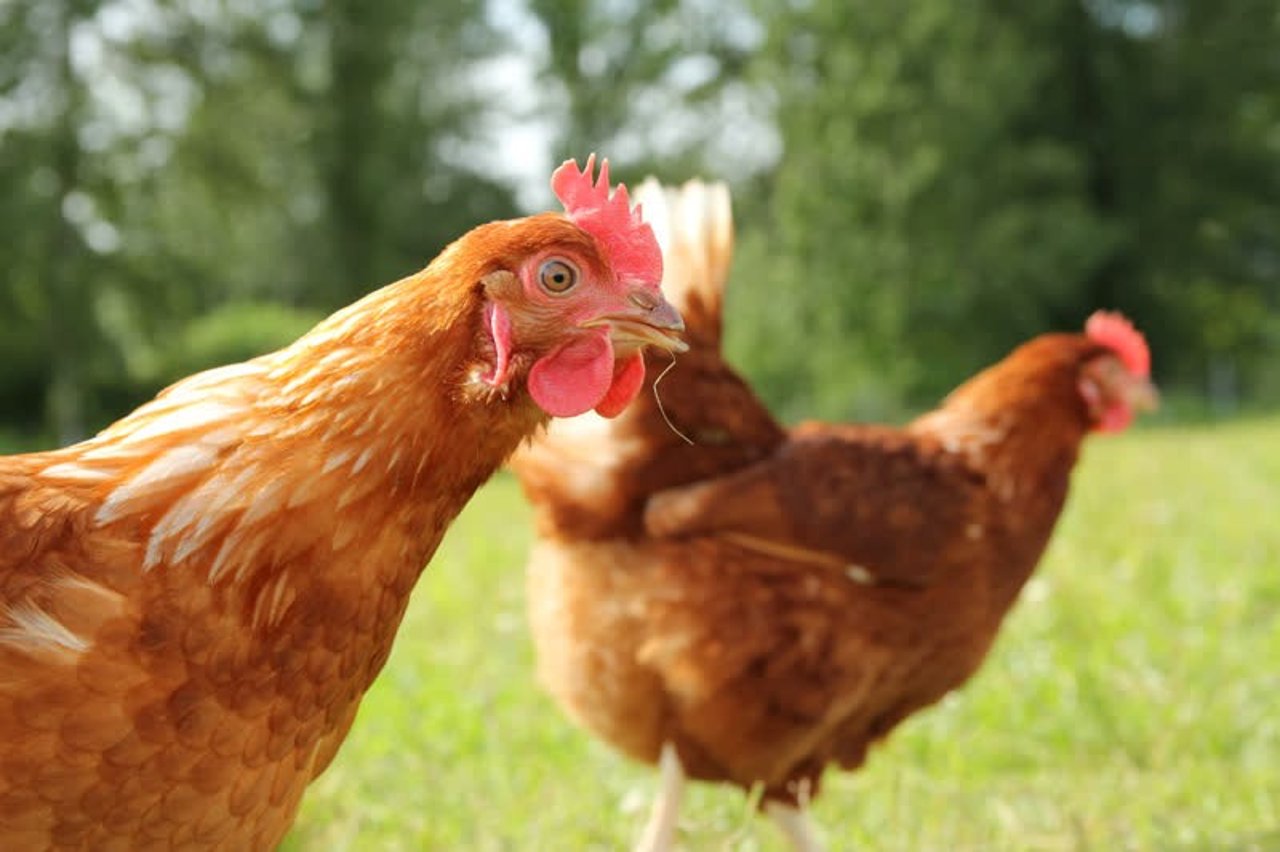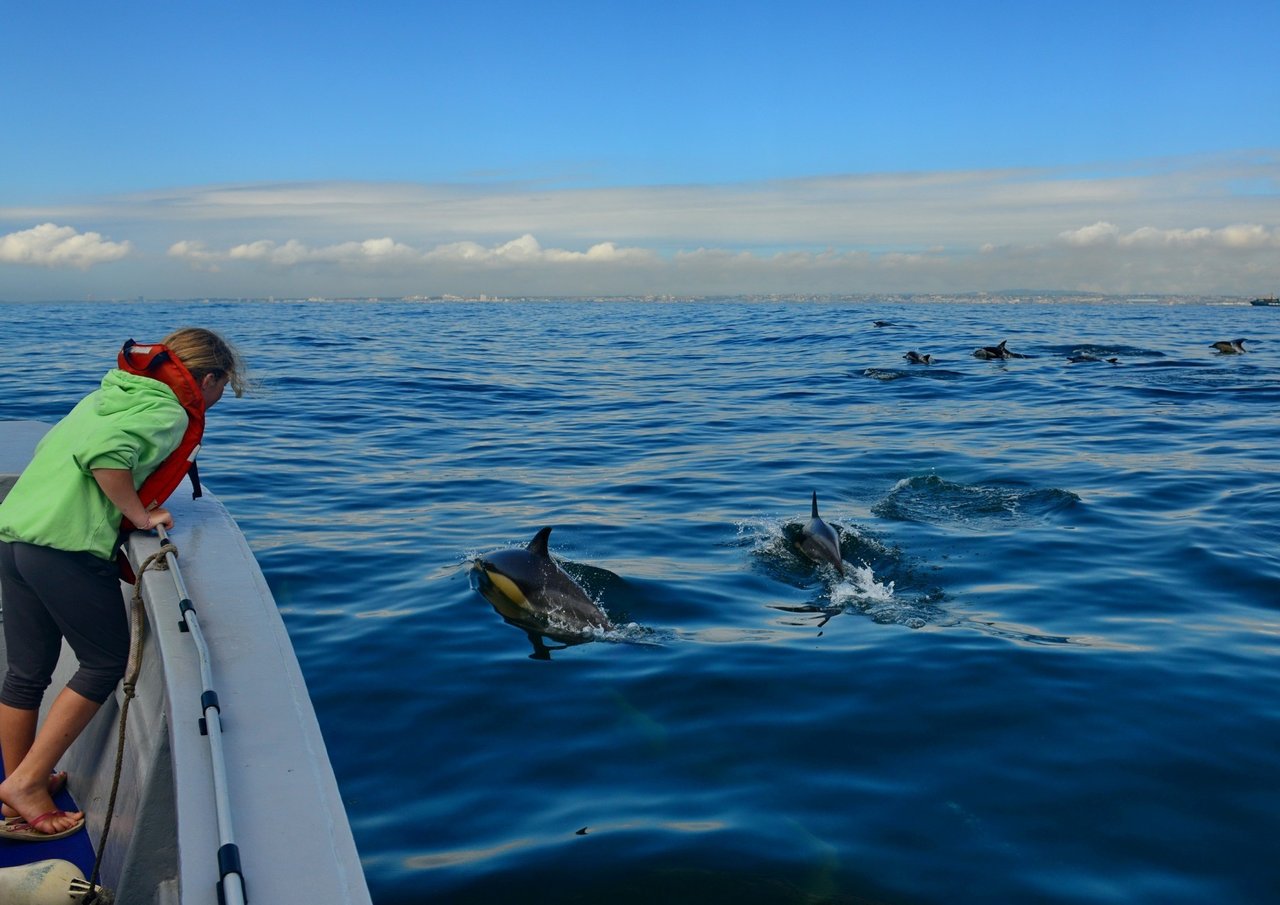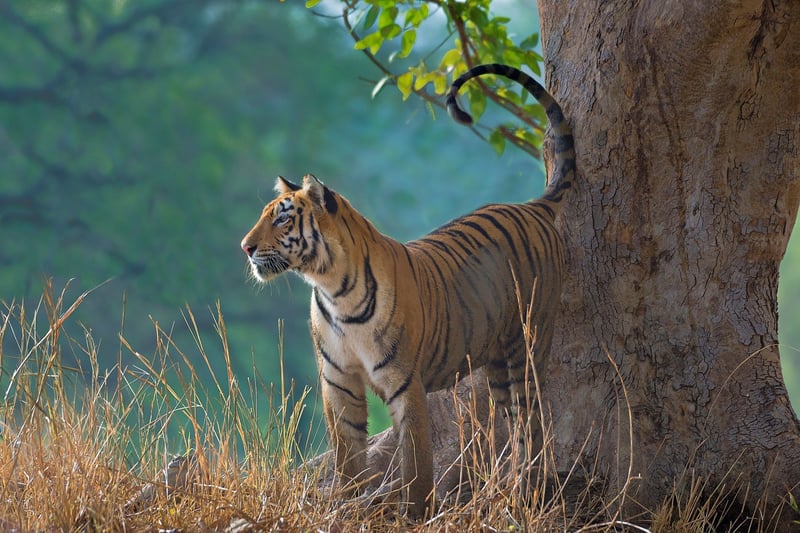
Celebrating World Animal Day
Blog
World Animal Day helps bring people together to increase awareness and improve education worldwide so animals can live the lives they deserve.
Together we can change the way the world works and end animal cruelty and suffering. Forever.
To support this important moment, we’ve put together a guide on why this day is essential and how you can show your support for wild and farmed animals who need your help.
What is World Animal Day all about?
World Animal Day is an annual event on the 4th of October, celebrating animal rights and welfare across the globe. It’s an important day and has been marked since 1925, with a growing international community striving to end the needless suffering of all animals.
By increasing awareness and improving education worldwide, those involved are helping to create a space recognizing wild and farmed animals as sentient beings with thoughts, feelings, and individual personalities. Their welfare and treatment must reflect this.
With its international reach, many people around the world celebrate World Animal Day in different ways. Businesses and individuals can give a voice to animals by celebrating World Animal Day in various ways, whether that’s through a fundraising event for charities supporting protection efforts, a goods donation drive or education sessions, there are so many options for everyone to get involved.
World Animal Day Animals
There is a deepening crisis facing animals around the world, awareness days like World Animal Day help to highlight animal protection as a priority issue of global importance. World Animal Protection advocates and campaigns to help people understand and consider the complex lives of all animals.
Whether taken from the wild or bred in captivity, elephants exploited for entertainment can suffer through constant restraint on chains, lack of social interaction with other elephants, inadequate diet, and demanding or even damaging activities that lead to stress and health problems. An example of elephant exploitation for the tourism industry is elephant rides in parts of Asia.
We focus on educating tourists, reducing demand for cruel entertainment, moving the travel industry to protect elephants, and promoting sustainable solutions. Elephants belong in the wild. But sadly, after years of captivity, it is very often not possible to release captive elephants into the wild. In these cases, alternative solutions need to be found where elephants’ physical and psychological needs are met.
We have helped two elephant entertainment venues in Thailand, Following Giants and ChangChill, to transition into elephant-friendly venues. Visitors can respectfully observe elephants from a distance and learn about them, but there is no direct interaction. Elephants can just be elephants.
Photo: Jittrapon Kaicome / World Animal Protection | Mae Gorgae (left), an elephant rescued from a hard life working in both the logging and tourism industries. She now lives her life in peace at ChangChill with her daughter Mayura (right).
Thousands of tigers across the world are captured and bred for profit. They are exploited as exotic pets, in entertainment, and for traditional medicine. Instead of living free in their natural habitats, many captive tigers live lonely and miserable existences. This is even more heart-breaking to think of as wild tiger populations decline.
World Animal Protection is dedicated to making this the last generation of tigers to suffer in captivity, and to promoting the protection of wild tigers. Tigers, like all wild animals, belong in the wild. We educate the public, work with travel corporations to end the exploitation of wild animals for entertainment, and lobby to end the global wildlife trade.
Photo: World Animal Protection | A captive tiger with their teeth clipped, chained up, and forced to pose for tourist photos.
Annually, 80 billion land animals, including chickens, pigs, and cows, are used for farming. It is estimated that 56 billion are trapped in factory farming systems. This vast number does not even include the billions of aquatic animals who are locked in underwater factories, out of sight and very much out of mind.
On factory farms animals live in unnatural environments and endure needless and extreme psychological and physical suffering. Wild animals’ habitats are also destroyed to grow crops to feed billions of farmed animals. Factory farming is a global issue and only with a global solution can animals be safeguarded, and their welfare improved.
Our vision is a world where respect for animals and nature sits at the heart of our food system, which is equitable, sustainable, resilient, and capable of feeding the world. We will move millions of people by raising awareness of the catastrophic impacts of factory farming on animals, the environment, and human health. Many consumers, governments and corporations are already joining this movement, influenced by our campaigns to end cruelty inherent in factory farming.
Photo: WSPA/i.c.productions | Chickens at a high-welfare farm where they have access to outdoor pastures and are able to display natural behaviours such as foraging and dust bathing.
Sadly, there are currently around 3,000 whales and dolphins held captive in zoos, aquaria, or marine parks around the world. They are often separated from their mothers too young, confined to tanks much smaller than their natural habitat, and can be deprived of food for training purposes, which causes them constant stress and suffering. They are miserable and endure a harsh reality in the name of entertainment, which can even lead to them expressing self-harming behaviours.
Thankfully, there are Whale Heritage Sites that encourage collaboration between communities and conservation projects to protect whales and dolphins. Whale Heritage Sites are a global accreditation scheme, developed by the World Cetacean Alliance and supported by World Animal Protection, that recognize a community´s commitment to celebrate whales, dolphins, and other cetaceans. These sites give tourists a transparent and easy way to select responsible whale and dolphin watching holiday destinations, encouraging them to experience these incredible animals in their natural habitat, in an authentic and respectful way.
Photo: Raggy Charters | Wild dolphins being observed in an authentic and respectful way in Algoa Bay, a Whale Heritage Site in South Africa.
World Animal Day Facts
When is World Animal Day?
World Animal Day is celebrated annually on October 4th.
What is World Animal Day?
World Animal Day is an annual international event to celebrate animal rights and welfare. It brings together people who are advocating for the improved treatment and welfare of animals, both in the wild and on farms.
How to celebrate World Animal Day?
As an international event, World Animal Day is celebrated in different ways around the world. It doesn't matter where you live, or whether you’re an individual or business, you can celebrate by:
- Awareness & educational events such as conferences & workshops
- Shelter open days & pet adoption events
- Fundraising events such as concerts, sponsored walks, bake sales or gala balls
- School events to educate the younger generation early on by using animal-related competitions, concerts & films
- Workshops with owners of working animals
- Spay & neuter marathons or veterinary treatment camps
- Media interviews to raise awareness of World Animal Day and its mission
- Peaceful protest marches
Learn more about how you can take action for animals now.
No matter your nationality, religion or faith, you can be involved with this important day.
How did World Animal Day start?
World Animal Day was first celebrated on 24th March 1925 in Germany. It was started by Heinrich Zimmermann, a cynologist (someone who specializes in the care and training of domestic dogs), who organized the first celebration at the Sports Palace in Berlin, which was reportedly attended by over 5,000 people.
Why is World Animal Day celebrated in October?
World Animal Day is celebrated yearly on October 4th to align with the feast day of Saint Francis of Assisi, the patron saint of ecology and animals.
Why celebrate World Animal Day?
Building the celebration and awareness of World Animal Day mobilizes people globally for action now, which makes a better future for animals.
Join our community
Sign up to receive the latest news, petitions, appeals and campaign successes from World Animal Protection.
